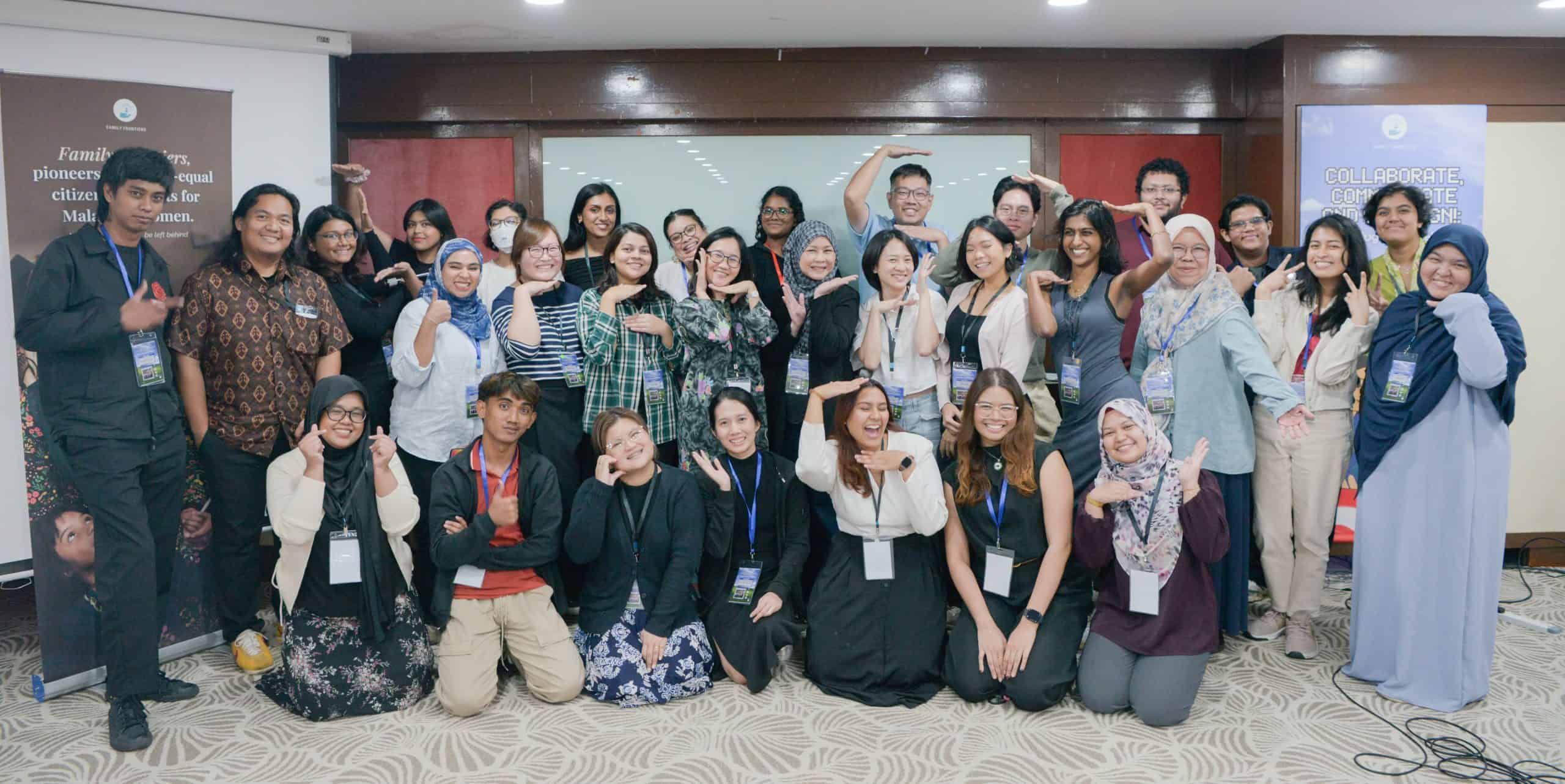Family Frontiers pioneers the advocacy towards gender-equal citizenship rights in Malaysia, serving communities that are impacted by the lack of Malaysian citizenship, statelessness, as well as Malaysian binational families—Malaysians married to non-citizen spouses, their spouses and children. Family Frontiers focuses on the social, economic, cultural, civil and political context of issues concerning Malaysian bi-national families and addresses the biases in law, policy and practice.
The organisation is also working on building upon the existing momentum and commendable efforts undertaken by Civil Society Organizations (CSOs) and individuals that are already dedicated to addressing statelessness in Malaysia by empowering them. This, in turn, will catalyse a movement for comprehensive change, contributing to and strengthening the ongoing regional and global statelessness movements.












